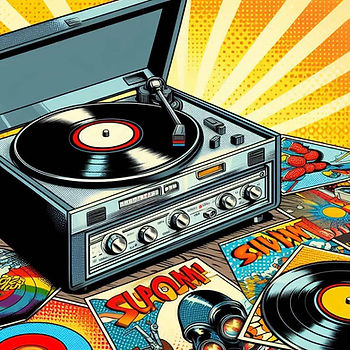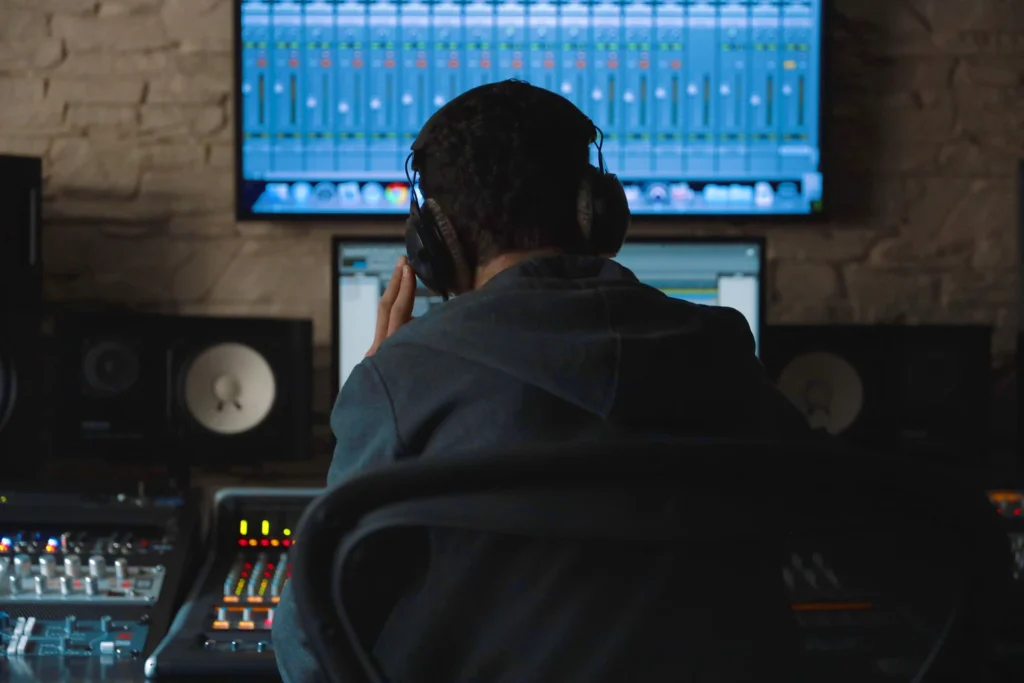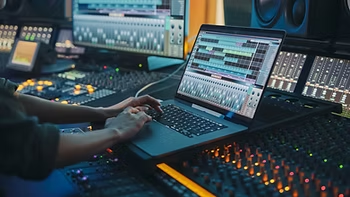
In today’s music industry, we’re witnessing a fascinating shift in the way music is created, consumed, and marketed. While traditional albums have long been the pinnacle of artistic expression, the rise of streaming platforms has ushered in a new era dominated by playlists and singles. This shift has sparked heated debate among industry professionals, artists, and marketers alike. Are albums truly on their way out, or are they simply evolving to meet the needs of a changing audience?
The Relevance of Albums in a Playlist-Driven World
The advent of streaming platforms like Spotify and Apple Music has reshaped how people discover and enjoy music. Playlists—curated by users, algorithms, or editorial teams—now serve as gateways to a world of music where single tracks often take center stage. For listeners, playlists offer a dynamic experience tailored to different moods, activities, and genres. For artists, singles placed on popular playlists can be a fast track to reach new audiences.
However, this trend raises a critical question: Where does this leave the album? Traditionally, albums were crafted as cohesive works, with each track contributing to a broader narrative or theme. But with listeners increasingly favoring playlists over full albums, the necessity of albums seems to be called into question. Music professionals argue that while playlists fuel short-term listening habits, albums cultivate deeper, long-lasting relationships between artists and their fans.
Artists’ Perspectives: To Album or Not to Album?
To explore the future of the album, it’s helpful to hear directly from artists who approach the format differently. Some artists still see albums as vital for creative expression, while others have fully embraced the playlist-driven approach.
- Artists Advocating for Albums: Artists who view albums as essential often see them as storytelling vehicles that allow them to explore a theme or concept in depth. These artists argue that albums provide a sense of artistic integrity and continuity that a playlist can’t replicate. For example, contemporary artist Taylor Swift continues to focus on the album format to tell rich, thematic stories, creating cohesive listening experiences that have resonated deeply with fans.
- Artists Embracing Playlists and Singles: On the other side, there’s a growing number of artists who are releasing music primarily as singles, often with a playlist strategy in mind. For emerging artists, this approach can be especially effective, as it allows them to maintain a steady release schedule that keeps their name active in the streaming ecosystem. The single-release strategy also enables artists to experiment with different styles and genres, giving them the flexibility to adapt to shifting listener preferences.
The divergence in perspectives points to a broader transformation: while some artists remain devoted to the album, others are redefining success through playlist placements and streaming numbers.
The Album’s Evolution: New Formats and Marketing Approaches
As music consumption continues to change, the album format is adapting. Many artists are experimenting with innovative release strategies to make albums more accessible in today’s playlist-centric environment. Some examples include:
- Shorter Albums and EPs: Instead of releasing traditional 10-12 track albums, artists are creating shorter albums or extended plays (EPs) with 4-6 songs. These concise projects are better suited to streaming while still allowing artists to showcase thematic work.
- Album Playlists: Some artists release “album playlists,” where each song is dropped as a single and then compiled into a playlist. This approach allows listeners to discover individual tracks gradually, building anticipation and providing flexibility for adding more songs over time.
- Conceptual Visual Albums: Visual albums, like Beyoncé’s Lemonade, are another way artists are redefining the album experience. By combining music with powerful visuals, artists can create immersive stories that captivate audiences in a way that’s different from both traditional albums and playlists.
Will Albums Remain a Meaningful Artistic Format?
While playlists and singles have undeniably transformed the landscape, it’s clear that albums are not entirely obsolete. Albums still serve as powerful artistic statements for those seeking to craft cohesive, meaningful experiences. Albums also provide artists with a way to build a deeper connection with fans who appreciate the dedication and thought put into a complete work.
Additionally, for legacy acts and artists who’ve already established a strong fanbase, albums remain highly anticipated and celebrated. The challenge for modern artists and labels, then, is to strike a balance between creating albums as artistic expressions and leveraging playlists to reach a broader audience.
The Verdict: Dead or Evolving?
Rather than facing extinction, albums are evolving in response to changing industry dynamics. As streaming continues to reshape the music industry, albums may become more specialized, with some artists and labels opting for playlist-focused strategies while others dedicate themselves to crafting full-length records. This diversity allows the industry to cater to different listening preferences and offers artists varied pathways to success.
Join Us on the Journey
As the industry adapts to these changes, so does Tunitemusic. Whether you’re a fan of the traditional album or the curated playlist, we have something for you. Check out our latest album releases and explore our curated playlists to find new tracks and artists to love.
Let us know—do you prefer albums or playlists? Share your thoughts and favorite music format on our social channels for a chance to be featured!







